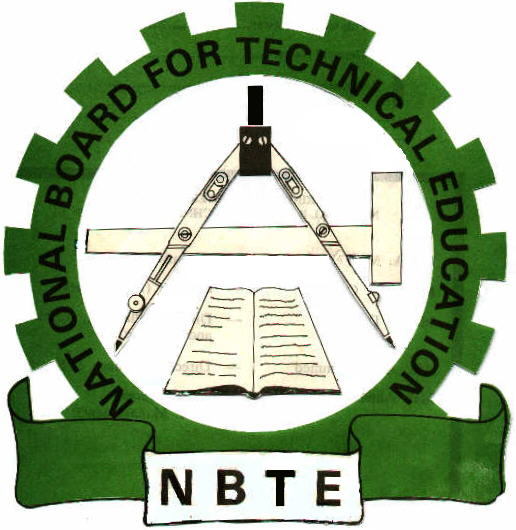The National Board for Technical Education (NBTE) has made a poignant call to elevate its status to the National Polytechnic Commission in Nigeria, emphasizing the necessity for robust collaboration with the House Committee on Polytechnics. During a presentation led by NBTE Executive Secretary, Prof. Idris Bugaje, the board underscored the importance of partnership with legislative bodies to push forward this critical agenda. This interaction took place during an oversight visit to the NBTE in Kaduna by the House Committee, chaired by Fuad Laguda, aiming to bridge the gap between regulatory frameworks and the pressing needs of technical education in Nigeria.
Bugaje expressed gratitude towards the committee’s visit and articulated the board’s vision for advancing polytechnic education. He noted the historical context of the NBTE, which was established by Decree No. 8 of 1977 with subsequent amendments in 1985 and 1992. The NBTE currently oversees the accreditation and regulation of over 700 Technical and Vocational Education and Training (TVET) institutions nationwide. Bugaje emphasized that the envisioned upgrade to the National Polytechnic Commission would facilitate greater effectiveness and dynamism in responding to the evolving needs of the technical education sector.
In his discourse, Bugaje highlighted how vital TVET is to Nigeria’s economic growth and infrastructure development. He cited significant national projects, such as the AKK Gas Pipeline and the Dangote Refinery, which are crucial for the country’s progress yet ironically depend on imported skilled labor from Asia. This reliance is juxtaposed with the glaring unemployment of Nigerian youth, which Bugaje pointed out is exacerbated by the underutilization of existing Skills Development Centres in polytechnics established with TETFund interventions. This dissonance illustrates a critical gap in aligning educational outcomes with labor market demands, stirring a call for actionable solutions that can empower local youth.
Moreover, the NBTE executive flagged several challenges beleaguering the technical education system. Issues such as insufficient funding, outdated curricula, inadequate modern equipment, and the stigma surrounding graduates from TVET institutions were all noted as significant barriers. Bugaje lamented that the 2024 budget represented a severe regression in financial support for these institutions, impeding the necessary curriculum review planned to keep pace with industry standards. Moreover, he raised alarms about the potential threat posed by the ITF Amendment Act 2024 to the National Skills Qualification Framework (NSQF), which was designed to ensure coherence between workplace requirements and training outputs.
Bugaje also touched upon an ongoing land dispute regarding NBTE’s property in Abuja, which has remained unresolved since 2003 when the land was allocated. He recounted how part of this land was seized by DB Mangal, who proceeded to utilize it for commercial purposes. The issue is presently under appellate consideration, and Bugaje appealed for the Tinubu Administration’s urgent investigation into this and other instances of corruption that have hindered the educational landscape. This aspect highlights not only the administrative challenges faced by the NBTE but also the broader implication of governance on education quality and accessibility.
In response to these pressing concerns, the House Committee Chairman expressed a commitment to support the NBTE’s objectives, emphasizing the necessity for targeted interventions to enhance TVET conditions in Nigeria. He assured the board that the committee would facilitate collaborative efforts to tackle the challenges that plague technical education, ensuring that skill development aligns with both national imperatives and international standards. This demonstration of legislative support is critical as it sets the foundation for strategic reforms aimed at revitalizing the TVET system, thereby equipping the youth and elevating the nation’s human capital.
The meeting attracted various stakeholders from the education sector, highlighting the collective recognition of the importance of technical education in shaping Nigeria’s future. The NBTE’s appeal for improvements reflects not just an institutional need but a broader call for societal investment in skill development, which is crucial for economic resilience and growth in an increasingly competitive global landscape. The collaborative efforts between the NBTE and the House Committee could pave the way for substantial advances in addressing skill shortages and elevating the status of polytechnic education in Nigeria.














